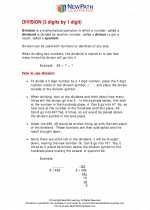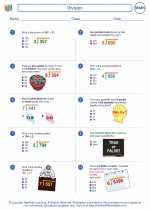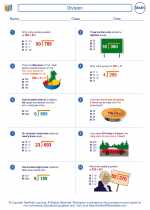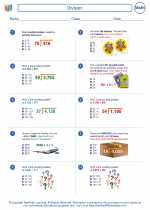Meteorology Study Guide
What is meteorology?
Meteorology is the scientific study of the atmosphere, focusing on weather processes and forecasting. It involves understanding the causes of weather patterns, atmospheric phenomena, and the impact of weather on the environment.
Key Concepts
- Atmosphere: The layer of gases surrounding the Earth.
- Weather: The state of the atmosphere at a specific time and place, including temperature, humidity, precipitation, and wind.
- Climate: The long-term patterns and averages of weather conditions in a particular region.
- Weather Forecasting: The process of predicting future weather conditions based on scientific data and models.
- Atmospheric Phenomena: Events such as hurricanes, tornadoes, thunderstorms, and atmospheric optics (rainbows, halos, etc.)
- Impact on the Environment: How weather and climate affect ecosystems, agriculture, and human activities.
Important Terms
- Temperature:
- The measure of the average kinetic energy of particles in a substance.
- Humidity:
- The amount of water vapor present in the air.
- Barometric Pressure:
- The pressure exerted by the atmosphere at a given point.
- Fronts:
- The boundaries between air masses with different temperature and humidity characteristics.
- Convection:
- The transfer of heat through the movement of air or water.
- Coriolis Effect:
- The deflection of moving objects (such as air or water) caused by the Earth's rotation.
Studying Meteorology
To understand meteorology, students should learn about the composition and layers of the atmosphere, the processes that drive weather patterns, and the tools and technologies used for weather observation and forecasting. It's also important to grasp the interconnectedness of weather and the environment, including the impact of climate change on weather patterns.
Further Learning
For further learning, students can explore topics such as air pollution, the greenhouse effect, severe weather phenomena, and the role of meteorology in aviation and marine navigation.
[Meteorology] Related Worksheets and Study Guides:
.◂Math Worksheets and Study Guides Sixth Grade. Division

 Worksheet/Answer key
Worksheet/Answer key
 Worksheet/Answer key
Worksheet/Answer key
 Worksheet/Answer key
Worksheet/Answer key
